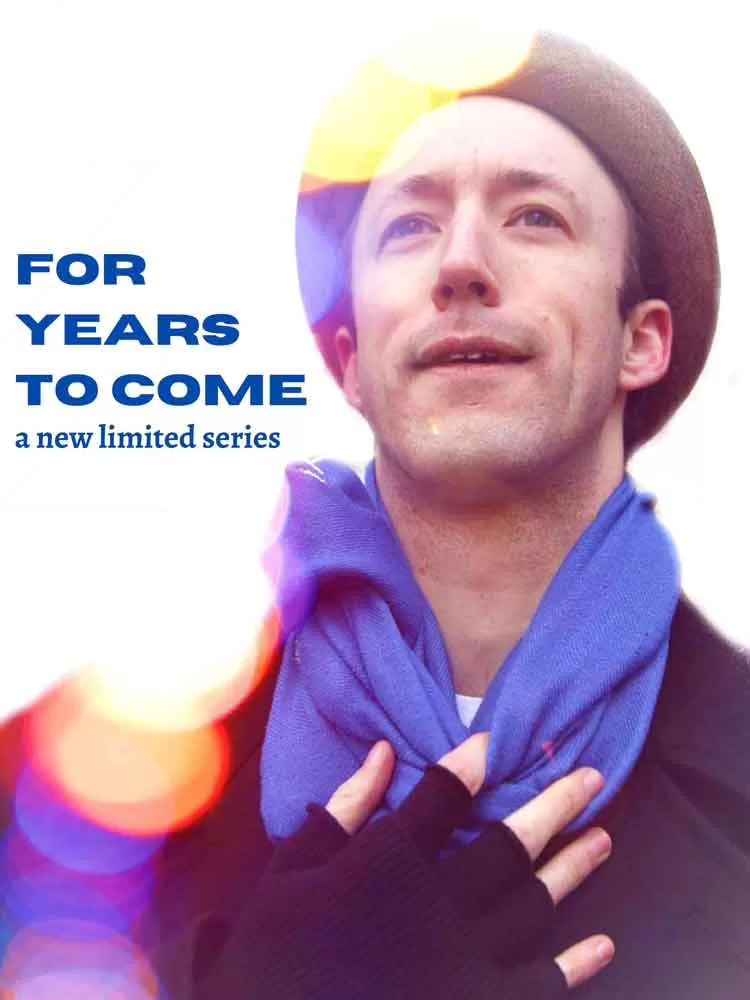What’s the Story in *For Years to Come?
If you’ve ever experienced laughing through your tears, or cried when sharing a kiss, For Years to Come is that kind of film that totally gets how you’re feeling.
This 27-minute gem isn’t just another quirky indie or coming-out story. Instead, it’s a truly moving, well-crafted piece of queer cinema that masterfully mixes grief, humor, and romance—without forcing anything.
Johnny, portrayed with raw emotion by James Patrick Nelson, comes back home after his mother passes away. There, he meets Edward, the hospice nurse who took care of her—and perhaps, just maybe, could care for Johnny too.
Why Does It Work?
Director Micah Stuart gives the story room to breathe. He lets the characters feel human, real, and flawed.
On top of that, the writing is emotionally insightful, and it’s full of moments that are both hilarious and heartfelt. Because of this, the film sidesteps clichés and offers a unique take on love and loss.
Also, the way the transitions between grief and humor are handled is delicate. Because of this, the tone stays consistent, but still manages to surprise viewers.
Not only is the dialogue sharp and true-to-life, but the pacing also supports the emotional journey. As a result, audiences get pulled into the characters’ lives from the very start.
Standout Performances
James Patrick Nelson steals the show—not just as a writer but as Johnny, a character brimming with vulnerability, wit, and quiet strength. His chemistry with Jason Wayne Wong (Edward) feels authentic and earned.
Also, Richard Riehle, playing Johnny’s dad, brings an unexpected depth of warmth and humor, particularly once we learn about his “creative” past.
In addition, the supporting cast injects the story with energy and vibrancy, making it feel both intimate and surprisingly full.
Final Thoughts on For Years to Come
For Years to Come is a breath of fresh air with its honesty. It doesn’t try too hard to impress—and that’s exactly why it works.
Even though it’s a short film, it tackles heavy emotions with subtlety and charm. Moreover, the balance between vulnerability and lightness makes the story deeply relatable.
In the end, it’s a quiet reminder that sometimes, the right people show up when you least expect them—and that love, much like cinema, can take on many forms. You just have to stick around long enough to figure out what kind of movie you’re in.






